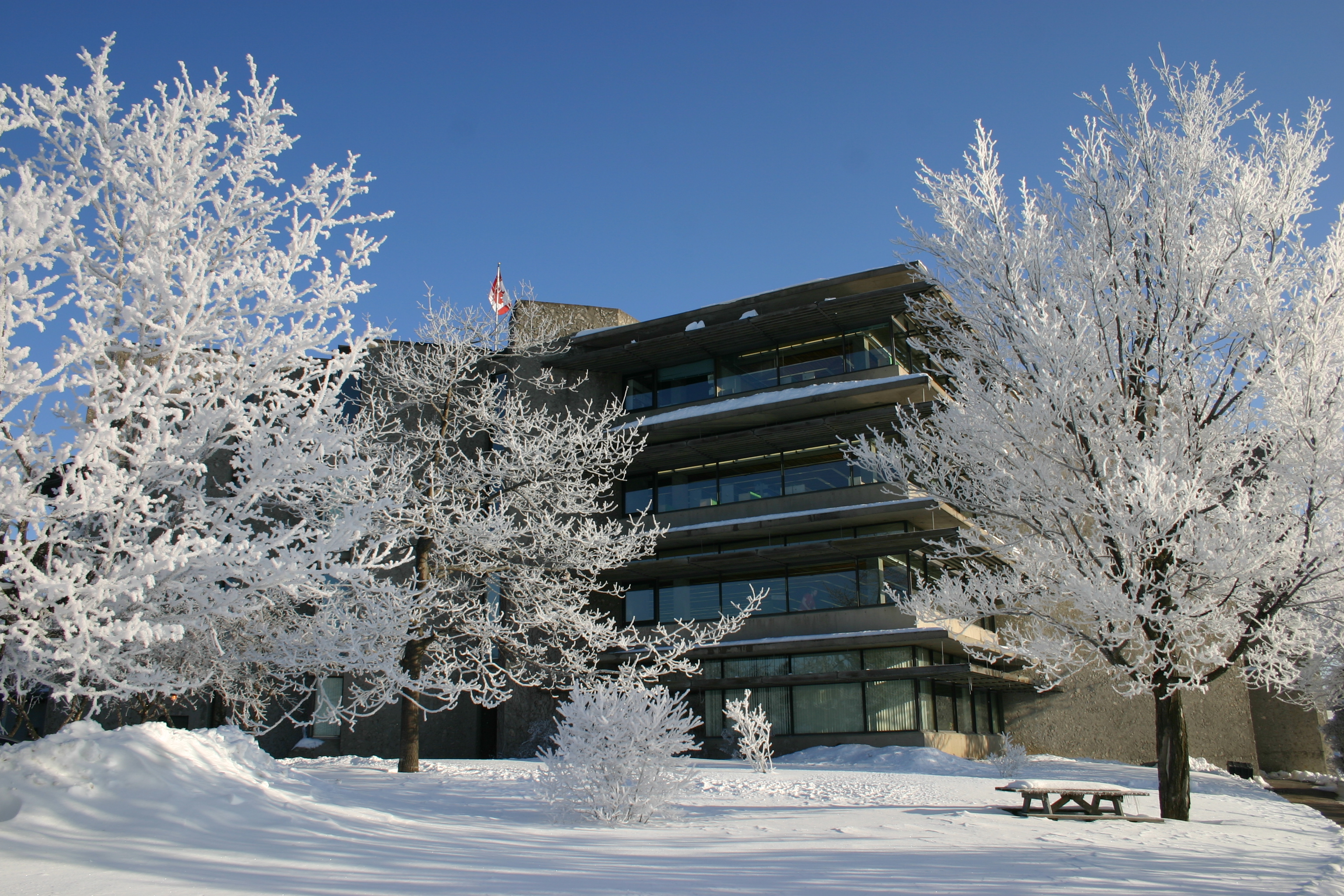
In February 2019, Arthur reported discussing the possibilities of the Indigenous Study Space (now named the Cedar Room) located in Bata Library. At that time, it was but a room of tables and chairs, no proper signage or recognition of its purpose. Now more than nine months later, what has come of it?
Now garnished with Indigenous artwork, the room is furnished similarly to some rooms in Gzowski College on the east bank of the river: circular tables, the medicine wheel-inspired seating, and a semi-circular couch facing the river. The room remains an open space to all, hosting INDG-1001 office hours on occasion. But what of the environment the room provides? In the February article, the issue of harassment had become a norm in the space, with Indigenous students often feeling unsafe and unwelcome in the only space they had on the entirety of West Bank.
That brings us to a meeting held on November 22 in the Cedar Room. Planned in order to bring Indigenous students concerns to the Chanie Wenjack School of Indigenous Studies, the meeting was attended by a handful of Indigenous students, and Chanie Wenjack’s own David Newhouse and Christine Welter.
Through the discussion, it was revealed that the situation had not changed, and in fact, it had gotten worse. The meeting itself was sparked by an encounter between a John Doe and Indigenous students who had booked the room. During the meeting, it was revealed that John Doe claimed that being asked to leave the room, since it had been booked by the Indigenous students beforehand, was a form of segregation. The Indigenous students directed John Doe to take his concerns to Newhouse and/or the department. John Doe since has not shown up or sent a complaint.
Students attending the meeting also raised concerns that the other “Indigenous spaces” on campus are not completely safe. According to one student, “We don’t feel safe in those spaces. They’re open to all, and that’s fine, but when the day is done and we’ve relived intergenerational trauma through classes and seminars, and we’ve heard the racist remarks making fun of our elders and our ceremonies, we can’t find that safe community to be in.”
“Well, we have the student lounge in FPHL, but it’s six chairs and a tiny table,” the student concluded.
Another concern raised during the meeting was pertaining to the Indigenous Course Requirement (ICR), in which all incoming students must take one Indigenous credit in order to graduate. However, it was recognized that without a level of cultural etiquette in such courses, there has been a palpable level of resentment on campus regarding Indigenous studies and students. Professor David Newhouse gave his reassurances at the meeting; currently there is consultations happening to see about building a singular Indigenous Studies Center on campus. But as students know, construction on campus is not quite so timely, often taking two years or more to be complete and ready for student and staff use.
So what about the current Indigenous students who feel unsafe on campus? A short-term solution offered has been to book the Cedar Room all day, everyday for Indigenous students only. However, the Indigenous students who attended the meeting were adamant they wish for a safe, sovereign space of their own on campus – to escape the hate; to escape the trauma brought up in classes; to be able to have a space of “irreconcilable Indigeneity” (or Aboriginality), a concept which was brought to my attention by Professor Jenn Cole. A concept of David Garneau’s outlined in West Coast Line #74, “irreconcilable spaces of Aboriginality” are gatherings, ceremony, Cree-only discussions, kitchen-table conversations, email exchanges, etc. in which Blackfootness, Métisness, Indianness, Aboriginality, and/or Indigeneity is performed apart from a settler audience. It is not a show for others, but a site of being where people simply are: where they can express and celebrate their continuity and figure themselves to, for, and with each other in a complex exchange, without the sense of feeling they are witnessed by people who are not equal performers.
Would Trent consider this as an important aspect of Indigenous culture on campus, and pursue an Indigenous-only Space on West Bank? Or will the colonial West Bank continue to be such, showcasing Indigenous artwork and further perpetuating the concept of the “Dying Indian,” while Indigenous students are left to suffer in silence?
